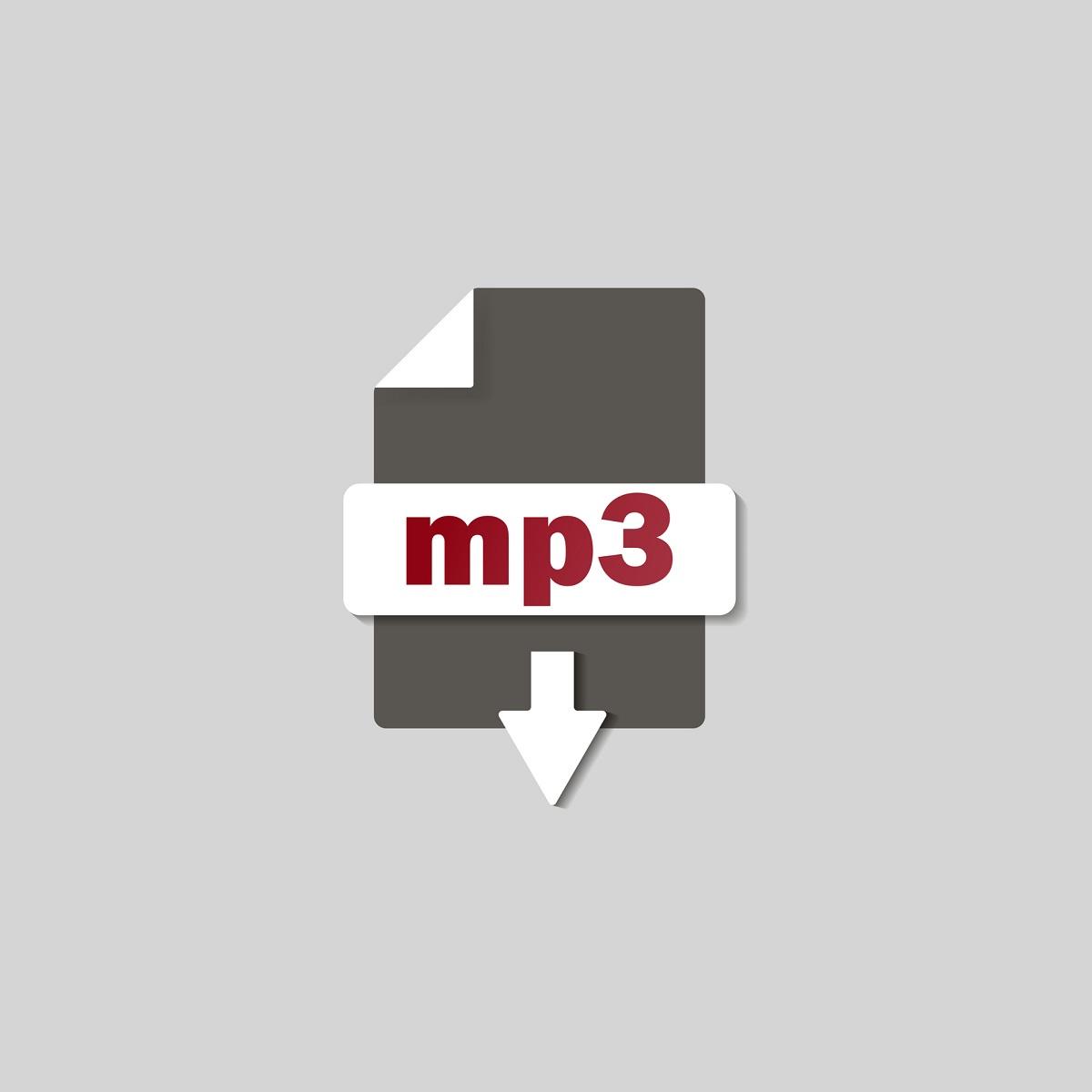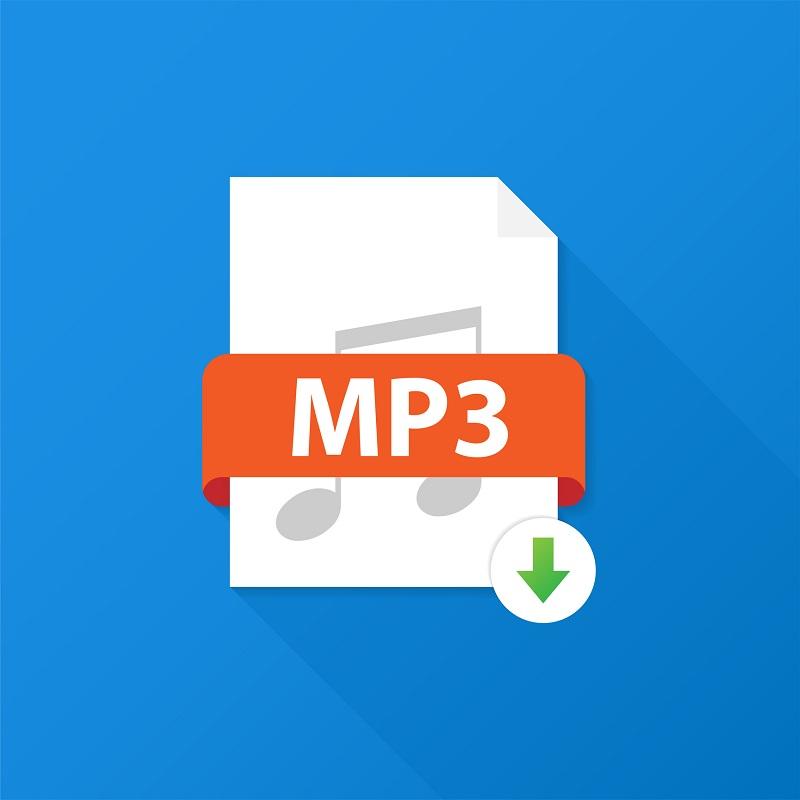Mp3 audio file – A complete guide
| September 27, 2019

The mp3 audio file is a longstanding file type that stores audio such as music and voice-to-text. As you explore different audio file options, consider mp3 for its compact size and overall quality audio. Here’s a complete guide.
What is an Mp3 audio file?
The mp3 audio file is best known for its size, which is small and manageable. This small size comes at the expense of sound quality, as it’s a lossy compression. Whenever an audio file is made in an mp3, it loses a bit of resolution.
Most people consider mp3s to be audio files that contain songs. This is especially true for anyone who purchased and mp3 player over the years. The players were marketed to be storage for music files to replace cassettes and CDs.
What can play Mp3 files?
For Windows, the standard program to play mp3s is Windows Media Player. For the Mac, iTunes is the standard. Simply double-clicking the files opens the correct software. However, there are a lot of different applications that play them. These alternatives require a download as they’re a third party software. Check out Clementine for a modern mp3 experience.

How do I convert audio files to Mp3?
When you need to convert an audio file to the mp3 format, there are a multitude of converters available which handle the process for you. One popular option is the VLC Media Player, which plays mp3s and also has a built-in conversion tool.
To convert using VLC:
- Open the media player
- Under ‘Media’, select ‘convert’
- Choose the file you wish to convert
- In the dropdown menu, select ‘mp3’

Is Mp3 audio-only?
Yes, an mp3 file is exclusively audio. One common mistake is believing an mp3 can play video or hold images. Unfortunately, it is the mp4 file type that is capable of both audio and video. If you need more than audio storage, check out some different audio file types here.
When to use an alternative
As mentioned above, the mp3 is audio only. If you need extensive file types, switch over to mp4 or other audio files with multiple purposes. Furthermore, you might need an alternative if you’re a professional musician and want to maintain the sound quality of your music. Due to the compression of mp3, it loses sound resolution. If this doesn’t work for you, look into audio files that are bigger in size or that have lossless compression.
Remember to measure the variables of the mp3 audio file type before converting your music files. There are positives and negatives – make sure it works best for your specific needs.
